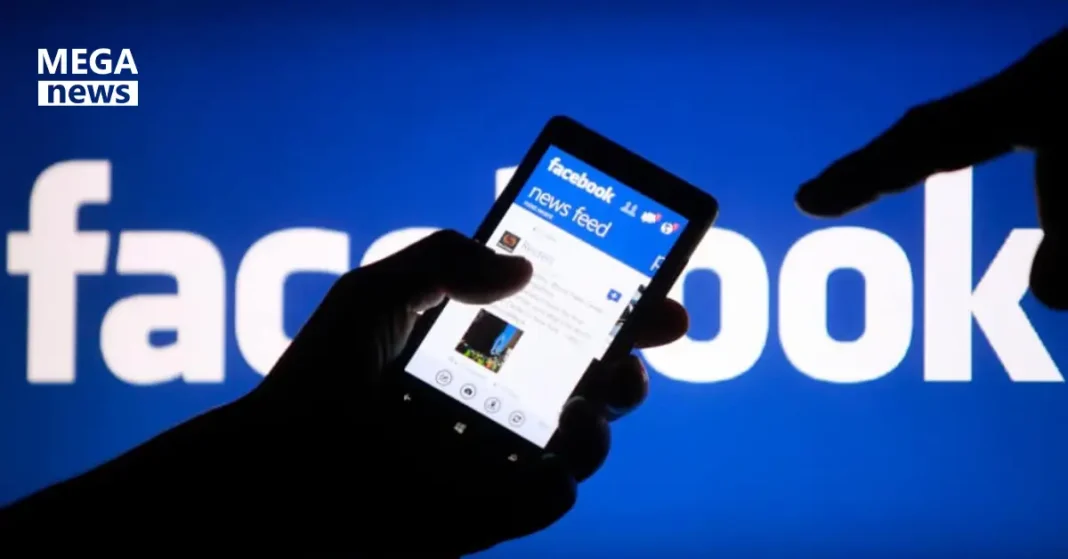California – July 18, 2025 – Meta Platforms Inc., the parent company of Facebook, has officially rolled out significant changes under its Facebook monetisation policy 2025, aimed at curbing unoriginal content and spam across the platform.
With this update, Facebook is stepping up efforts to ensure the integrity of its monetisation ecosystem by penalising pages and accounts that recycle content without adding real value or proper attribution.
Facebook updates monetisation guidelines to curb unoriginal content by taking action against creators who frequently repost media like videos, images, or articles without transformation or credit.
Key Features of the Updated Facebook Monetisation Policy 2025
- Demonetisation of Unoriginal Content:
Creators who repost material without adding commentary, edits, or unique input risk suspension from monetisation programs and reduced visibility of their posts. - Mass Enforcement Already Underway:
In the first half of 2025 alone, over 500,000 accounts have been penalised for spam tactics and more than 10 million fake profiles have been removed by Meta’s enforcement teams. - New Attribution Tools in Testing:
Facebook is testing tools to automatically link identical content back to the original creator, helping users discover and engage with authentic sources. - Protection for Transformative Content:
Creators who enhance content by adding voiceovers, reaction commentary, or original context will be exempt from penalties.
Meta’s spokesperson stated that this move is essential to reduce clutter, reward originality, and ensure authentic creators are prioritized in feeds.
Creator Guidelines Moving Forward
As the Facebook monetisation policy 2025 continues to roll out over the next few months, creators are advised to follow these best practices:
- Avoid posting duplicate content with little to no change.
- Refrain from using third-party watermarks.
- Limit excessive use of hashtags that appear spammy.
- Add meaningful commentary or transformation when reposting.
This mirrors recent updates by YouTube, which also cracked down on AI-generated and repetitive content to clean up its monetisation system. (Read More: Dubai to Launch Restaurant with AI Chef ‘Aiman’ to Revolutionize Dining Experience)
Meta has yet to announce similar updates for its other platforms such as Instagram or Threads, but industry experts believe it’s only a matter of time before those platforms follow suit.
Conclusion
By targeting unoriginal and spammy content, Facebook aims to foster a cleaner, more engaging environment where genuine creators thrive. These updates represent a broader industry trend towards authenticity and accountability in digital content creation.
If you’re a content creator on Facebook, now is the time to audit your content, focus on originality, and embrace the new standards set by the Facebook monetisation policy 2025.



